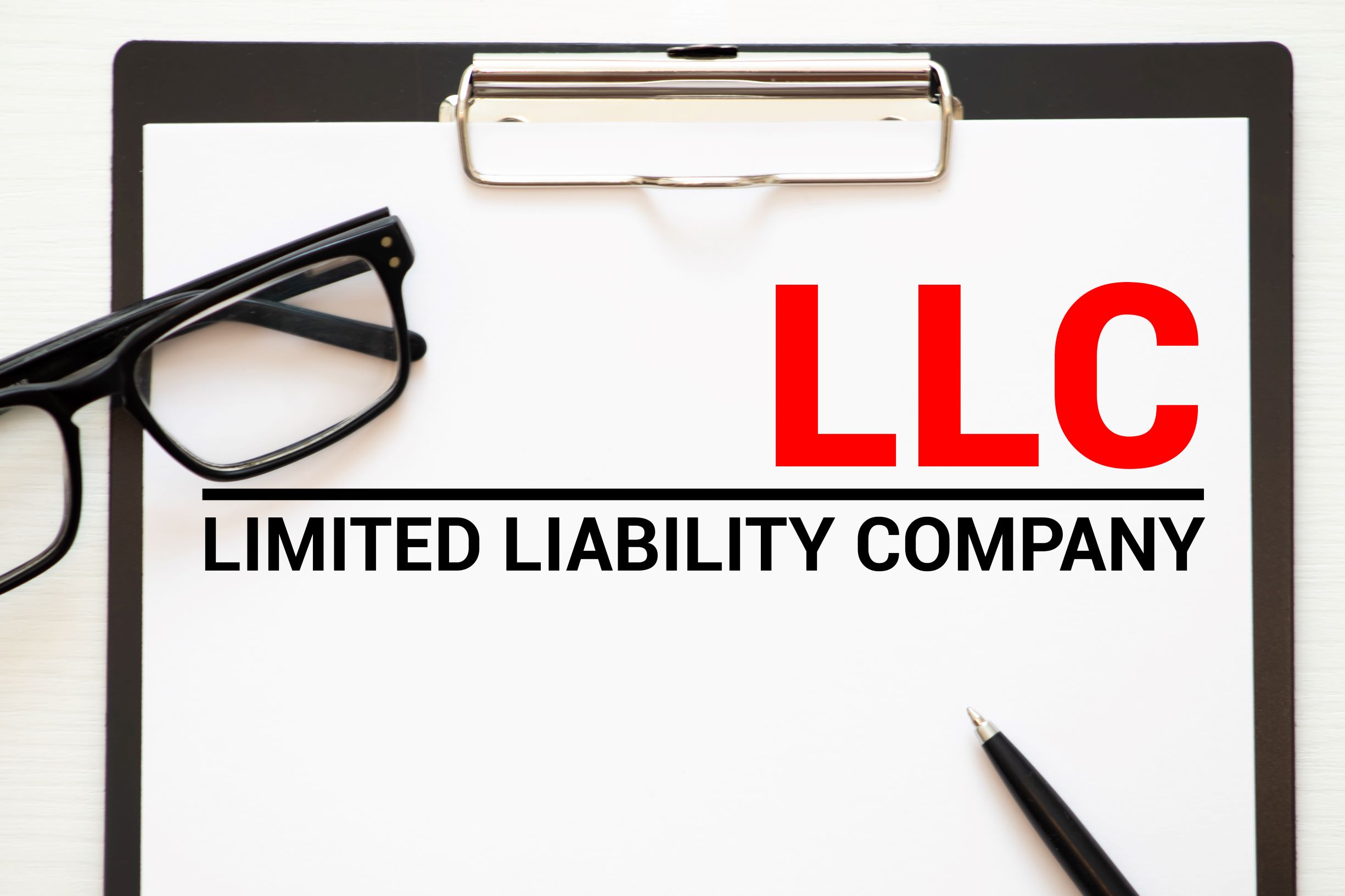


An LLC is a separate legal entity. LLC stands for a Limited Liability Corporation in the United States. A separate legal entity means an entity (similar to an individual for legal purposes), which has its own registered name, has its own tax identification number, files and pays taxes in its own name. This entity can be sued in court or can be sued by a third party. It has its own assets and liability, completely separate from its incorporators and members.
It is a legal business structure that combines elements of a corporation and a partnership or sole proprietorship. The primary characteristic of an LLC is the limited liability protection it provides to its owners, known as members.
When you are doing business in the United States, you have many options to choose from, and establish a business entity for legal and tax purposes. If you want to know more about the types of legal entity options in the United States, please follow the link below or contact RKB Accounting.
TYPES OF LEGAL ENTITIES IN THE USA
The simplest form of doing business in the United States or in Canada is doing business in your own name, and this form is called being self-employed. If you are doing business as self-employed, you report the business income/loss on your personal income tax returns. However, the drawback of doing business as self-employed is that your personal assets are also at risk in case a third-party liability arises.
To get third-party liability protection, you can choose the next form of business, which is a corporation. In other words, you may want to incorporate your business. In this form of business, only the assets of the corporation are at risk, not your personal assets. In Canada, you can also take advantage of the “small business deduction” and pay a much lower income tax on the income of the corporation, subject to some limitations as per the Income Tax Act of Canada. In the United States, you do not have the advantage of any small business deductions. The corporation pays a flat federal income tax on its income and state income tax as per the state’s income tax laws.
A Limited Liability Company in the United States can be an entity that is in between a self-employed and a C Corporation. In Canada, we do not have a legal entity called a Limited Liability Company. You can not incorporate as a Limited Liability Company in Canada.
You can only incorporate as a Limited Liability Company in the United States.
Below are the most common features of an LLC:
It’s important to note that while an LLC provides limited liability protection, certain actions or circumstances can potentially lift the corporate veil, exposing members to personal liability. This applies to any form of entity which has limited liability protection. Your entity can lose the limited liability protection, for example, involved in fraudulent or criminal activities. Additionally, the specific regulations and rules governing LLCs can vary by state, so it’s essential to understand the requirements in the state where the LLC is formed.
At RKB Accounting, we provide incorporation and formation services in all the states of the United States. We also help our client in choosing the right type of entity and help in cross border tax planning.
Disclaimer: Information in the blog/post/article has been presented for a broad and simple understanding. This is not legal advice. RKB Accounting & Tax Services does not accept any liability for its application in any real situations. You need to contact your accountant or us for further information.